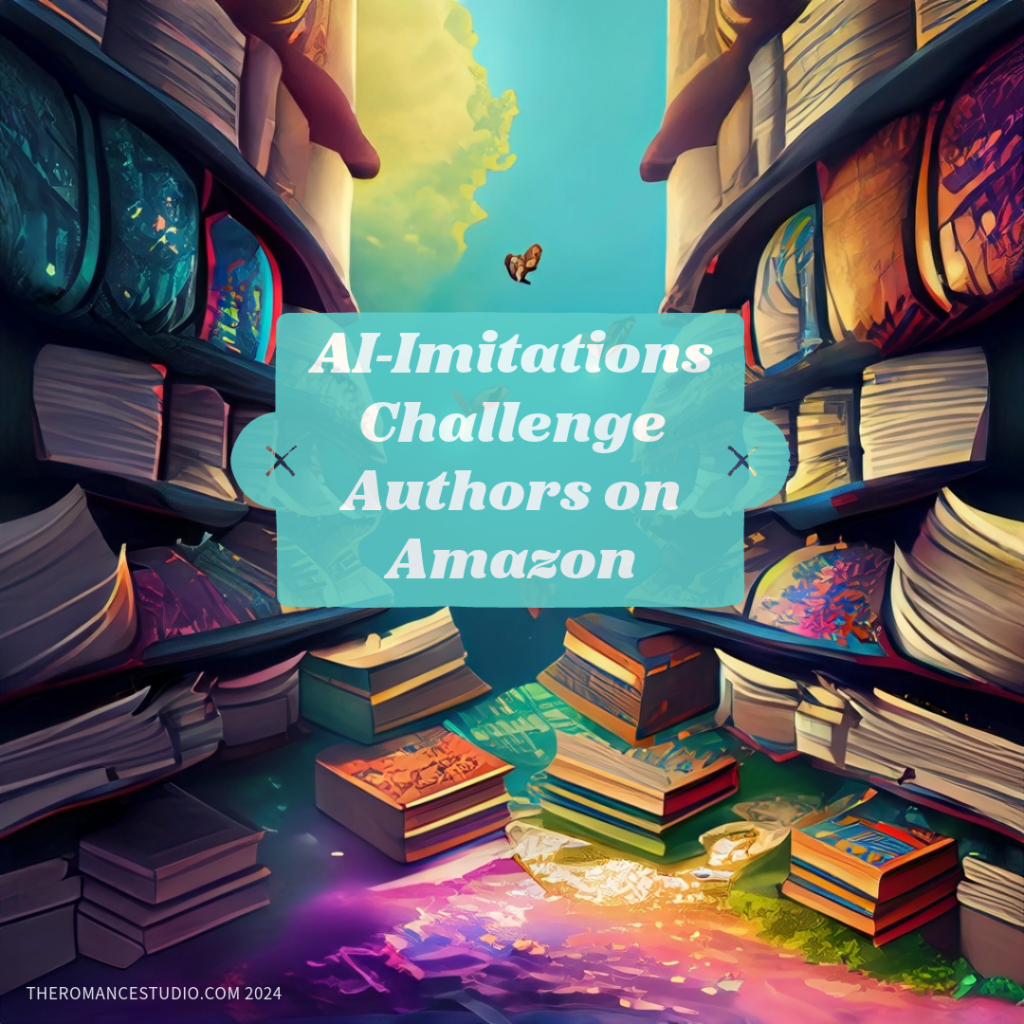AI-Imitations Challenge Authors on Amazon
The Rise of AI-Generated Book Copies
In the dynamic world of digital publishing, a new challenge has emerged for authors. Platforms like Amazon are becoming inundated with AI-generated books that mimic original works, creating a troublesome trend for genuine authors. According to Wired, this phenomenon was highlighted when AI researcher Melanie Mitchell discovered a counterfeit version of her 2019 book, “Artificial Intelligence: A Guide for Thinking Humans.” The copy, which appeared to be AI-generated, presented a diluted, poorly articulated echo of her original work.
A Deeper Look into the Issue
Melanie Mitchell’s encounter with an AI-generated imitation of her book is not a unique incident in the literary world. This issue is part of a growing trend that has ensnared numerous authors, including Fei-Fei Li, a renowned computer scientist. Li’s memoir, an insightful exploration into her experiences and contributions in AI, has been overshadowed on Amazon by several AI-generated summaries. These summaries, while distinctly labeled as such, represent a broader problem: the diminishing line between authentic content and AI-generated replications.
The Impact and Response
This trend of AI-generated summaries masquerading as original content has raised significant concerns. Authors like Sarah Stankorb, who published “Disobedient Women,” experienced firsthand the frustration when a summary of her book, likely AI-generated, surfaced online. These AI creations not only misrepresent the original works but also pose ethical and moral dilemmas, stripping away the essence and effort put into authentic books.
The core issue with these AI-generated summaries lies in their value, or lack thereof. While they are marketed as convenient digests of larger works, they frequently fail to deliver meaningful content. Readers seeking a genuine understanding of the original book may find themselves misled by these summaries, which can omit critical perspectives, misinterpret facts, and strip away the author’s unique voice.
Legal and Ethical Considerations
This trend also raises ethical questions. It involves using AI to replicate and profit from the intellectual and creative labor of authors without their consent. This not only affects the authors’ moral rights but also poses a threat to the authenticity and integrity of literary works. As AI technology becomes more advanced, the line between genuine authorship and AI-generated content risks becoming increasingly blurred, potentially devaluing original creative efforts.
The legal landscape around these AI-generated summaries is murky. While summaries are generally legal if they avoid direct plagiarism, the situation with AI-generated content is more complex. The distinction lies in the intent and quality of these summaries. Unlike study guides like CliffsNotes, which offer analytical perspectives, these AI imitations often lack substance and misrepresent the original work.
The Way Forward
In response, platforms like Amazon have started to take action, removing some of these imitations. They must balance the benefits of innovative AI technology with the need to protect intellectual property and maintain the quality of content on their platforms. Authors, on the other hand, face the daunting task of distinguishing their genuine works from a sea of AI-generated imitations, ensuring that their voices are not drowned out by algorithmically produced echoes.
However, the problem persists as AI technology continues to evolve. It presents a challenge for the publishing industry and authors alike, as they navigate this new terrain where AI-generated content can easily blend with genuine works.

